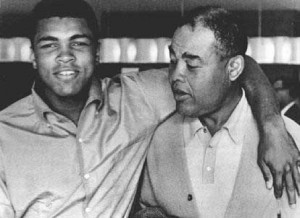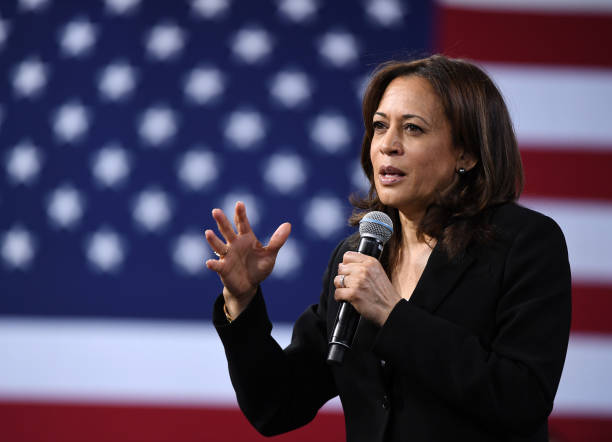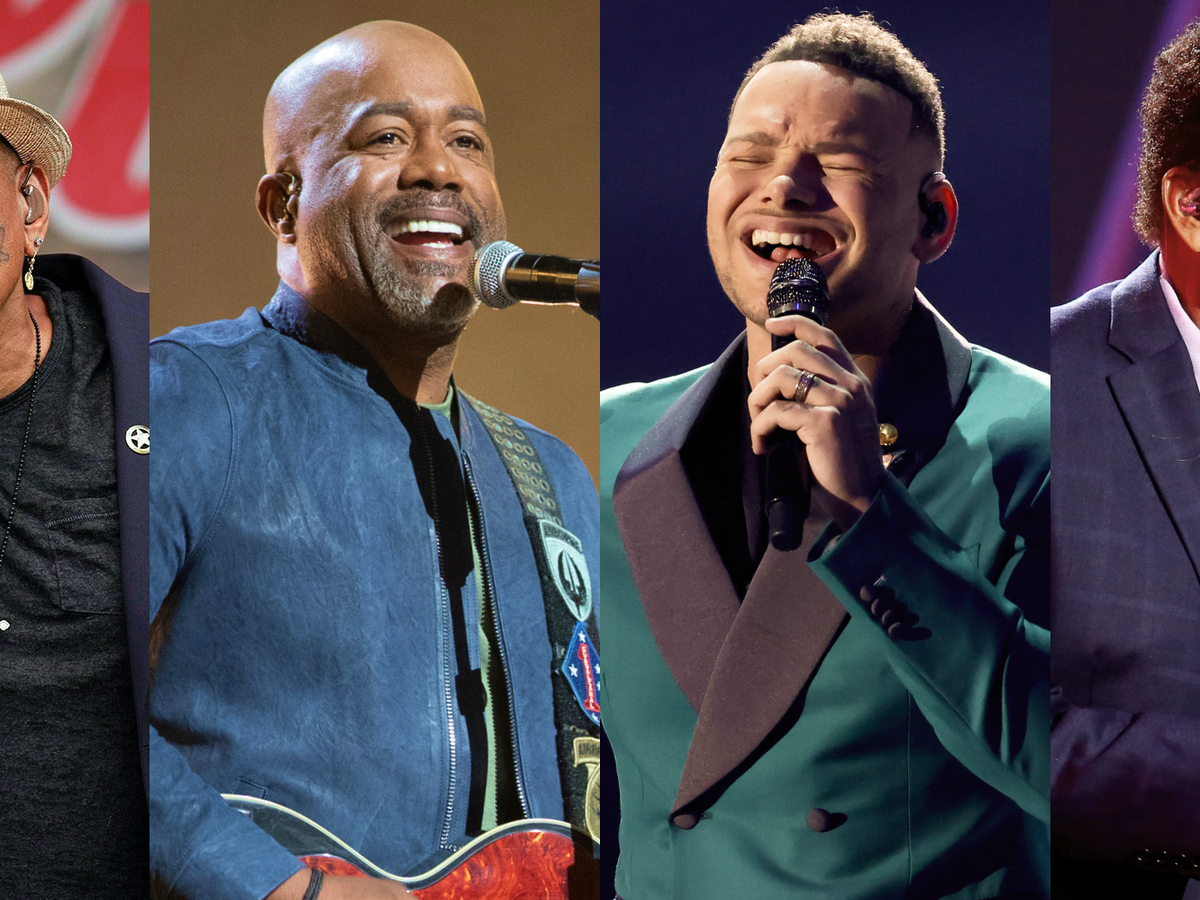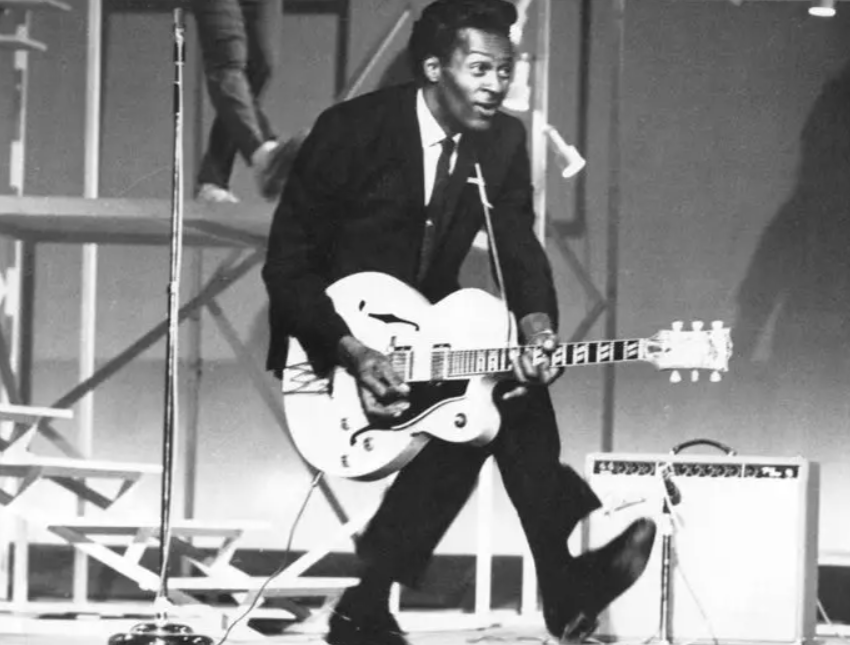(ThyBlackMan.com) On the eve of the Viet Nam War, Malcolm X declared, “[As] long as the white man sent you to Korea, you bled. He sent you to Germany, you bled. He sent you to the South Pacific to fight the Japanese, you bled. You bleed for white people. But when it comes time to seeing your own churches being bombed and little black girls being murdered, you haven’t got no blood. You bleed when the white man says bleed; you bite when the white man says bite and bark when the white man says bark.” (Malcolm X, Message to the Grassroots Nov. 10, 1963).That pattern began to change, however, during the Viet Nam War. On April 28, 1967, when heavyweight champion Muhammad Ali was drafted. He provided a completely opposite example to that of Joe Louis the generation before.
He refused induction. In the 1960 Olympics, Ali had won the gold medal for the US in the light heavyweight division. However, upon his return he was treated like other African Americans in his hometown of Louisville, Kentucky, when, wearing his medal, he vainly attempted to eat at a downtown lunch counter. He would go on to win the world heavyweight championship on February 25, 1964 immediately after which he announced that he had joined the Nation of Islam and that his name was now Muhammad Ali. He had previously been known as Cassius Clay. (Thereafter he was often seen in the company of Malcolm X.) Already viewed by the press and public as a brash, loud upstart, this only intensified the animus against him. Nonetheless, Ali continued to brag about his prowess and defeat opponent after opponent.
Muhammad Ali’s refusal to join the army was a watershed moment for the consciousness of  . A prominent Black athlete, in fact, the most prominent Black athlete, the heavyweight champion of the world, was refusing to fight for his country. It encouraged the already shifting Black psyche further away from accomodation, inclusion and integration to nationalism, separation and Black Power.
. A prominent Black athlete, in fact, the most prominent Black athlete, the heavyweight champion of the world, was refusing to fight for his country. It encouraged the already shifting Black psyche further away from accomodation, inclusion and integration to nationalism, separation and Black Power.
Though the Black public had at first been wary of Muhammad Ali, their view of him had already begun to change starting around the time he fought Floyd Patterson. Ever since Jack Johnson became the first Black heavyweight champion in 1908, boxing fans were forever looking for a white contender to retake the crown. The most famous white boxer to do so was Rocky Marciano who defeated Joe Louis. (That is why Sylvester Stallone dubbed himself “Rocky” in the long running series of boxing films with a white champion.)
When Black former heavyweight champion Floyd Patterson challenged Ali, Paterson proudly proclaimed himself the Christian fighter going against the Muslim champion, and pointedly referred to his opponent as “Cassius Clay,” refusing to call him by his Muslim name, Muhammad Ali. The press and the public at once came out solidly for Patterson as if he were now an honorary “Great White Hope.” However, years earlier, when Patterson had fought Swedish boxer, Ingemar Johansson, press and public were then just as solidly for Johansson. None of this was lost on Black America. On November 22, 1965, Ali soundly defeated Patterson and continued facing, and vanquishing, a seemingly endless string of challengers.
When Ali refused to join the army in 1967, he was stripped of his title, banned from training in any boxing gym in America and threatened with jail. When the press asked Ali why he refused his induction, he replied, “No Viet Cong ever called me a N*****r.” For four years lawyers from the Nation of Islam fought Ali’s case in the courts, taking the matter all the way up to the Supreme Court where in 1971, the Court ruled in Ali’s favor. By then, much of the country had become disillusioned with the Viet Nam War and the anti-war movement was in full swing in college campuses, and even in high schools, all across the country.
In a sense Jack Johnson was just as much a revolutionary figure as Muhammad Ali. Yes, Ali refused to be drafted during the Viet Nam War, defying the government, the press and public opinion. And though stripped of his title and threatened with jail, he stood firmly by the courage of his convictions until the public, and the courts, came around to his point view.
Jack Johnson, though, had the audacity to stand before huge crowds of savagely heckling, hate-filled white fans and mercilessly beat one white opponent after another during the height of Jim Crow, while in his private life he openly associated with white women for all the world to see.
When Joe Louis came on the scene, Jim Crow Law was still enforced. Thanks to radio, though, all Black America followed his fights blow-by-blow, vicariously defeating each Great White Hope vainly attempting to take his crown. Louis, meanwhile, was careful to never let his picture be taken with a white woman. Ali went even further loudly proclaiming that Black is beautiful and that “no woman can please me or understand me like my Black American woman can,” as he went about resolutely retaining, and repeatedly regaining, his primacy in the ring.
Today the American press and public fondly embrace Ali as the elder statesman of boxing as if he was always this much endeared. Nothing could be further from the truth. Ali was a champion in every sense of the word, taking all comers in the ring and fighting fearlessly for what he believed and refusing to bend an inch. His close association with Malcolm X enhanced each man’s appeal to Black America and literally ignited the Black Power movement. . .




















You are always warmly welcome, Arthur! And thanks ever so much for your encouragement.
Did you know Ali’s history with the KKK?
Thanks, Naji. I did not know that. And thank you, PROFESSOR DR MOHAMMAD MONIRUZZAMAN for fleshing out these comments in depth.
The reason we don’t have a similar “brother” photo with Jack Johnson and Joe Louis is because Joe Louis’ handlers explicitly demanded that Joe Louis never associate with Jack Johnson. Mr. Johnson wanted to train Louis and he was rejected.
Jack Johnson simply did not like Joe Louis. Jack simply was jealous of Joe’s popularity and success and he trained Abe Simon for his challenge (unsuccessful) against Joe.
Good article!
Ali gave the Black people, the weak and the disadvantaged individuals as well as plenty of communities subjugated, brutally oppressed and deprived for centuries, the courage and conviction with regards to the fact that they possess the fundamental rights, honour and capabilities identical to their white counterparts and people from the privileged strata of the society. As a result, these people set out to build a true sense of dignity and began to take immense pride in their identity.
Ali, like MLK, wasn’t fighting exclusively for the American Black people rather he chose to represent the ‘peoples’ of the world, long exploited by their ‘colonial masters’.
He took on the entire American government at a time when most Americans would literally love to burn him alive! More crucially, he was the first celebrity to have firmly placed in his model of ‘righteous rectitude’ the establishment of the rights of people in America as well as the end of injustice of astronomical proportions meted out to other world nations by the USA, the UK and their loyal allies.
The fact that a huge sense of pride as well as a considerable degree of preparedness to fight for their rights was being instilled into the people and nations, oppressed everywhere on earth, by a ‘Black Muslim Boxer’, was readily translated as the biggest menace for the American society. Let’s not forget, many Black people, too, were quite enthusiastically vocal against everything Ali was saying or doing. They were the ‘Uncle Toms’ and/or had had vital interests that they could fulfil only by pleasing their ‘white masters’. However, as far as the US government was concerned, Ali’s ‘head-on collision’ with them was deemed far worse than just a ‘humiliation’ as he shook the very core of the ‘mighty’ US government with his explicit and firm rejection of their foreign policy. As though he said to them yelling at the top of his voice: Feel Me, Grill Me, Better Still- Kill Me But Don’t Even Try to Seal Me* (*Seal his soul). This amounted to a forthright dismissal of their widely propagated and generally accepted claim of superiority over other races and nations! No American had said or done anything like it to any US administration; countries upon countries queued up to lick the US government’s ar.e; and most of the European countries, virtually all in the Middle East and Asia; and the greatest majority of the African nations had chosen to align themselves politically with the expectations of the USA and of course, some of its prominent allies.
The US government explored all avenues to annihilate Ali at any cost or at least, crush his globally well-documented and publicised principles, values and beliefs, which had already begun to wobble their belief of invincibility as the ‘supreme authority’ within the USA and made a sizeable dent in its schema founded upon, ‘world-domination’. Inextricably, they progressively became paranoid in the face of Ali’s unconventional and idiosyncratic stance, which he thoroughly backed up with each of his actions.
Ali went from one college to another, not to defend his initiatives or put his approaches, his actions across to the college community, at large, but predominantly to challenge the clichés ingrained deep in the hearts of the White students and academics. Millions witnessed the magnitude of hostile gestures with which he was greeted; and the innuendos as well as sordid remarks that did ensue. Yet to everyone’s sheer surprise, at all colleges/universities, across all intellectual, logical and affective dimensions, he simply pulverized each one of the aliaversysts (My silly innovation – it means ‘Ali Haters’) or the hawkish proponents of the US foreign policies. None of them-not a single student or professor could refute the rationale of Ali’s moral stand on all issues; not in the slightest! No wonder, almost all of them became the biggest ‘Ali Fans’, soon afterwards.
It has to be asserted that Ali was the first ever ‘Human Rights Activist’, who clearly ventured ‘beyond boundaries’; he never confined his struggle to the ‘Civil Rights Movement’ alone. Johnson, MLK, Malcolm X and many more would all be revered for centuries to come but Ali is ‘unique’ in that he has changed the way people everywhere value their rights and pride themselves on their physical appearance, race, colour, ethnicity, occupation and competency. He was, amongst all, most instrumental in the success of the Civil Rights Movement yet he is massively, indeed, deliberately underrated.
Ali is the reason why hundreds of millions of people the world over have learnt how to get back up after a fall; thousands of top MNCs are inspired by his life both in and outside the ring; and almost all sports personalities and teams read books about him and watch documentaries on him simply to find an additional degree of determination and to borrow some of the Greatest’s incomparable fighting spirit.
Muhammad Ali is the ‘force’ that explains why Michael Jordan could ‘fly’, Tiger Woods dreamed to become the greatest golfer of all time and Obama could become the President of the United States of America. There was no one like him for hundreds of years prior to his arrival and there would not be anyone like him in another three or even four centuries. Take my word for it!
Joe Louis was a Civil Rights activist the American public is STILL unaware of. The American Press simply was not ready for what has become known as Civil Rights. Joe wrote 84 articles for the newspaper THE NEW YORK AGE in which he deprecated Bing Crosby for his lily-white annual golf tournament and the president of Eastern Airlines, a WW I ace when he and two colleagues were disallowed to get on an Eastern Airlines plane in the deep South. When Joe was in the Army, he told his officers that he would stop giving exhibitions unless blacks were allowed to be closer to ringside and in England during WWII, he objected to blacks being disallowed to attend a movie theatre in southwest London and two US generals were reassigned over the flap according to Joe’s lawyer, Truman Gibson.